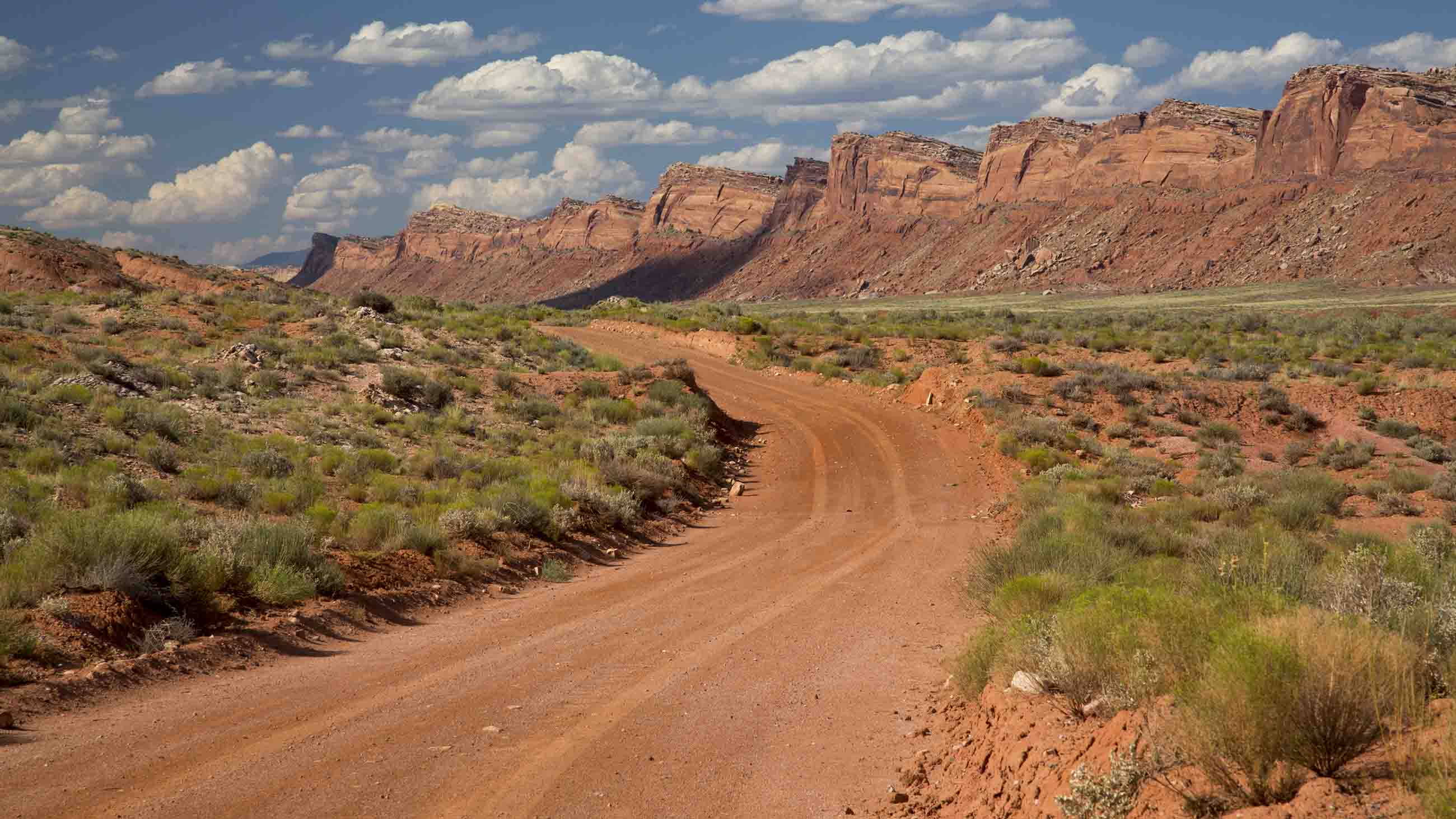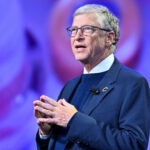Abstracts: Monuments, Power Grids, and More
• Interior Secretary Ryan Zinke announced this week that he would recommend changes to the boundaries of a “handful” of recently protected national monuments, which could prompt a legal battle from Native American tribes and conservationists. Zinke’s announcement comes after President Trump called for a review of 27 national monuments in April, including Bears Ears National Monument in Utah, which has come to the forefront of the debate. (National Geographic)

• A commercial tanker has sailed the northern route from Europe to Asia without an ice-breaker for the first time in history and at record speed. As Arctic sea ice continues to decline, shipping in this area has increased, a trend that has alarmed environmentalists. (BBC)
• A new report released by the Department of Energy says that the U.S. power grid could suffer if more coal and nuclear power is replaced by natural gas and renewable energy. But environmentalists believe that the Trump administration and Energy Secretary Rick Perry are primarily motivated by their interest in protecting subsidies for coal and nuclear power companies. (NPR)
• Energy researcher Daniel Kammen publicly resigned from his position as a science envoy for the U.S. State Department, primarily citing the president’s response to the violence in Charlottesville, Virginia and spelling out the word “IMPEACH” using the first letters of each paragraph of his letter. Kammen, who sits on Scientific American’s board of advisors, spoke more about his decision in an interview with the magazine. (Scientific American)
• By studying the Hadza people of Tanzania, scientists have discovered that the bacteria in our guts can change with the seasons. They also found that the Hadza’s microbiomes are much more diverse than those of most Americans, likely due to the high amount of fiber the hunter-gatherer people consume and perhaps explaining why they live long, healthy lives despite their lack of access to professional medical care. (Popular Science)
• Bioluminescence is much more common than scientists previously believed, ranking as one of the dominant ecological traits on earth. Over the course of 240 research dives into the Pacific, a group of scientists were amazed to find that 76 percent of the organisms they saw produced light. (New York Times)
• A group of researchers studying the long-extinct dodo bird have discovered new details about the bird’s life cycle and ecology. Notably, the findings suggest that the differences in historical accounts of the dodo — previously attributed to inaccurate drawings or descriptions — are actually a result of the bird’s molting cycle. (The Guardian)
• And finally, individuals are not in complete control of their private information if their friends use social media platforms, according to new research. When someone joins a new social media platform and imports their contacts to find friends on it, the platform then has access to that information and can predict personal information about the users’ friends — whether they’re on the platform themselves or not. (Science News)









